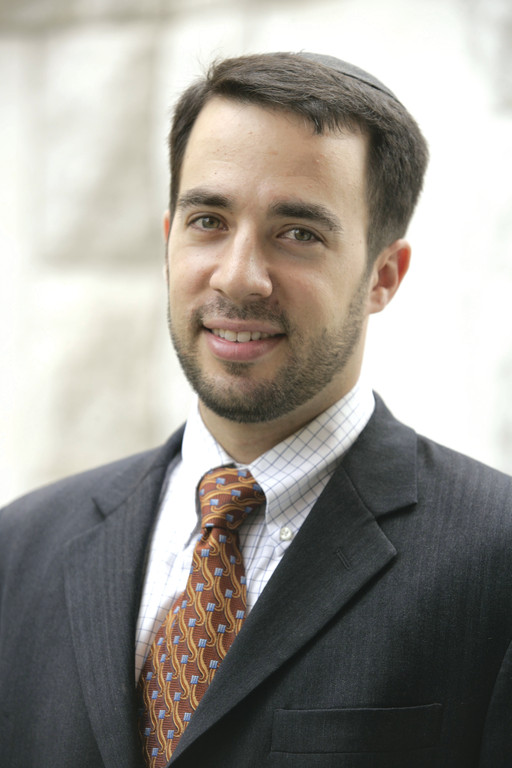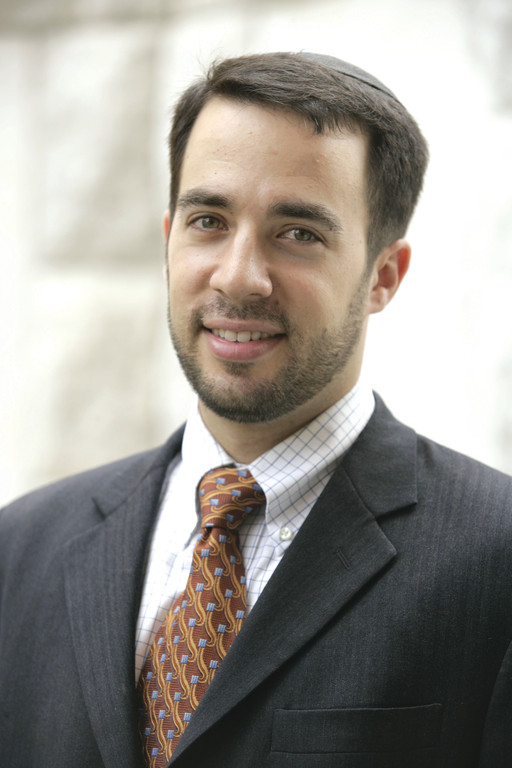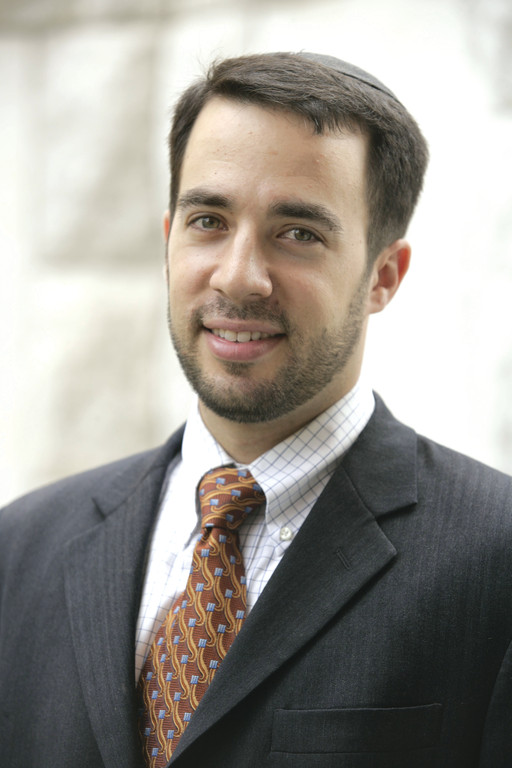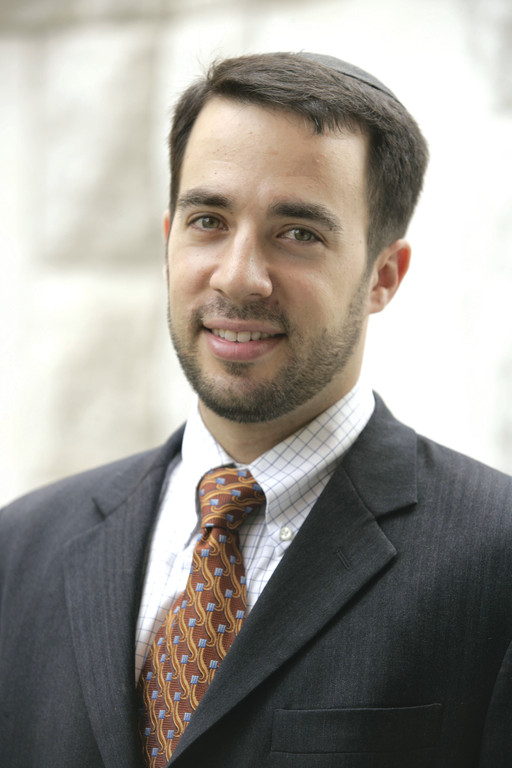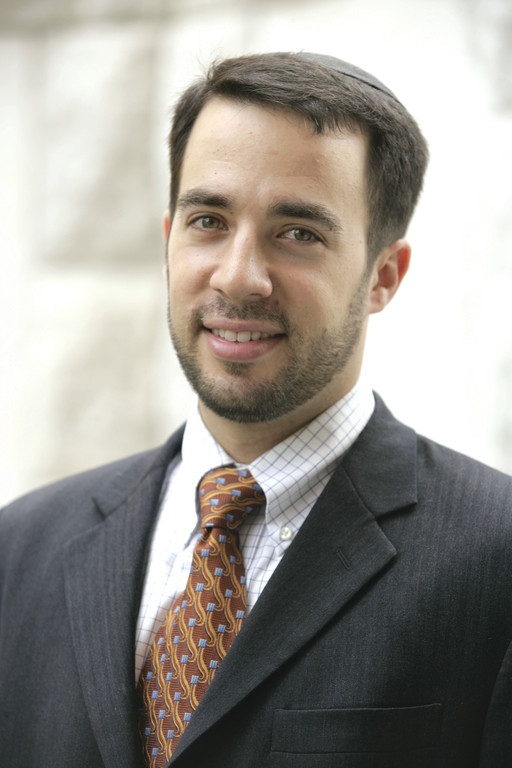Rabbi Avi Billet
603 results total, viewing 331 - 340
|
Rava said, “A person has the obligation ‘libsumei b’puria’ (until he does not know the difference between ‘cursed is Haman’ and ‘blessed is Mordechai’).” – Talmud Megilla 7b
more
By Rabbi Avi Billet
|
3/12/14
|
|
In his Yizkor sermon on Yom Kippur 1963 (“Body and Soul”), Rabbi Norman Lamm introduced a fascinating idea in the name of Rabbi Moshe Avigdor Amiel.
Before Avraham, humans were referred to as basar (literally “humans” or “flesh”) — “Man shall leave his father and mother, and cling to his wife so they may become one basar (human/flesh).” “And all the basar (humans) died [in the flood].”
more
Rabbi Avi Billet
|
3/5/14
|
|
Moshe saw all the work, and behold they had done it. Just as G-d commanded, so they did. And Moshe blessed them.”
more
By Rabbi Avi Billet
|
2/26/14
|
|
The washbasin and its stand were made of copper from the mirrors of the dedicated women who congregated at the entrance of the Tent of Meeting” (Shmot 28:8).
There is much credit given to the women who donated their mirrors for the sake of the creation of the kiyor (washbasin). Who were these women? Why were they so special to the point of their being enumerated in such a fashion?
more
By Rabbi Avi Billet
|
2/19/14
|
|
After Moshe breaks the first Luchot (Tablets), he is graced with a unique aura that raises his status in the eyes of the people. First he is forced to take his tent some distance outside of the camp (2000 cubits — see Targum Yonatan) because G-d’s presence leaves from amongst the people (33:7-11).
more
By Rabbi Avi Billet
|
2/12/14
|
|
Today we will devote our attention to two of the many midrashic passages on our parsha. After describing the clothes of the kohanim, the Torah tells us, “V’zeh Hadavar – and this is what you should do for them, to sanctify them to be kohanim for Me” — bring certain requisite animals as sacrifices. (29:1)
more
By Rabbi Avi Billet
|
2/5/14
|
|
In just about all of the instructions for the making of the Mishkan (Tabernacle), the Torah utilizes the singular “V’asita” – and you shall do or make – the items for the Mishkan. “V’Asu” – and they shall make” – appears only twice.
more
By Rabbi Avi Billet
|
1/29/14
|
|
The mid rash argues that a person who chooses not to go to a bet din is denying G-d’s role in the world, and ultimately His Torah, that instructs you to settle monetary matters “in-house.”
more
By Rabbi Avi Billet
|
1/22/14
|
|
A civil society in which life is sacrosanct frowns upon the act of murder. It is a heinous crime to rob another person of life itself. In America, states have different punishments in place for murderers, ranging from prison sentences to a ticket to death row.
And yet, not all acts that bring about death are considered “murder.”
more
By Rabbi Avi Billet
|
1/15/14
|
|
The battle is waged against Amalek, and as it finishes, we are told that “Yehoshua weakened Amalek and his people with the sword." The Torah’s word for weakened is vayachalosh, but its translation is not so clear.
more
Rabbi Avi Billet
|
1/10/14
|

 47.0°,
Mostly Cloudy
47.0°,
Mostly Cloudy 